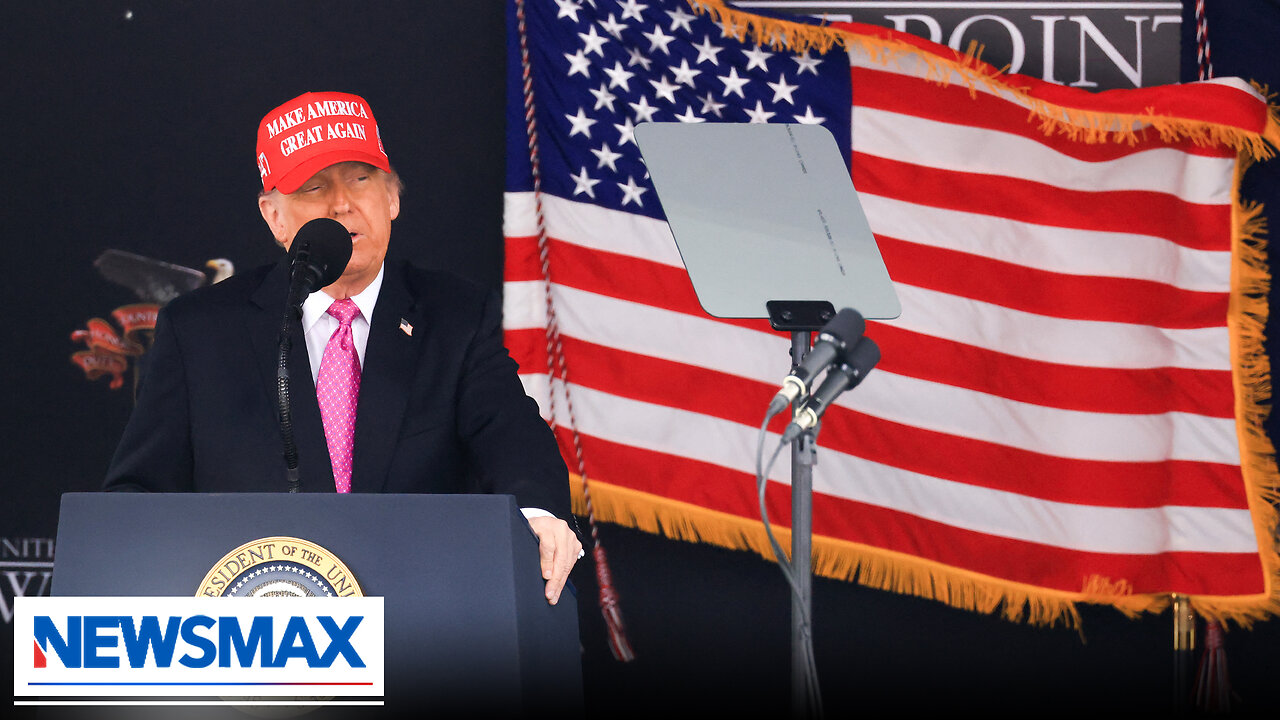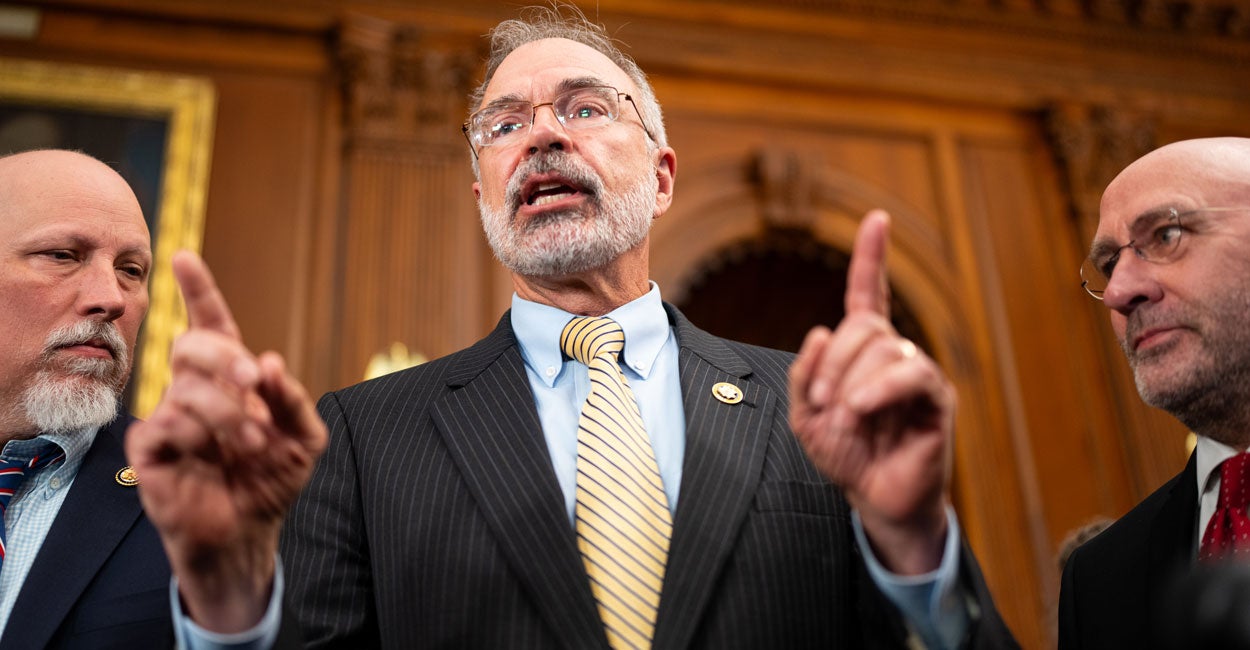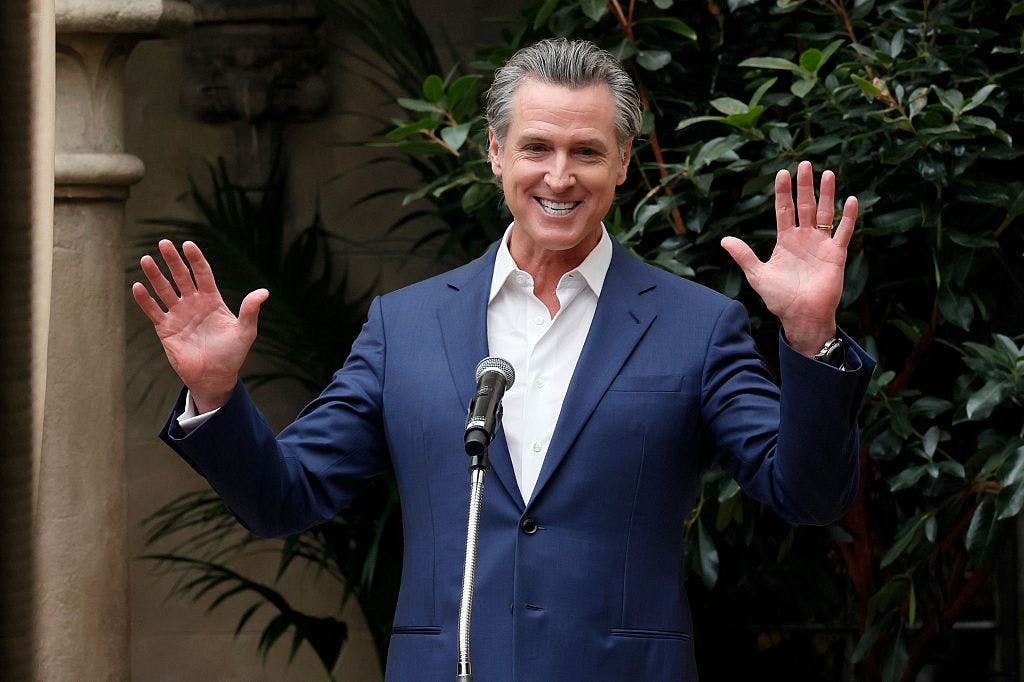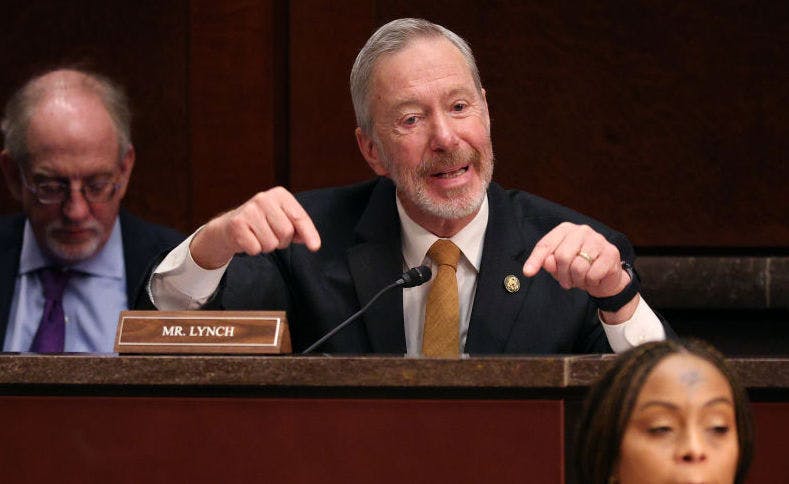Should taxpayers fund Ozempic for weight loss?


X owner Elon Musk posted a few days ago that it was imperative to provide GLP-1 hormones like Ozempic inexpensively to the public. “Nothing would do more to improve the health, lifespan and quality of life for Americans than making GLP inhibitors super low cost to the public,” he said. “Nothing else is even close.”
He cited a study which found that although the U.S. has the costliest health care system in the world, it ranks 42nd in life expectancy. Last month, he posted, “Making GLP inhibitors available at low cost to Americans who wish to use them would greatly improve health and reduce healthcare costs.”
Many free-market conservatives object to requiring health insurance, Medicare and Medicaid to cover GLP-1. It’s only covered by those entities for Type 2 diabetes, not for obesity. But the argument against broadening coverage is ignoring the bigger picture – our health care system already requires coverage of plenty of preventative measures, which is what GLP-1 would serve as. The required coverage list is long and includes shots, screenings, diet counseling and obesity counseling.
The obesity epidemic is spiraling out of control in the U.S. The cost to taxpayers of funding GLP-1 through Medicare and Medicaid would be far less than the costs we’re paying now to treat the after effects caused by the obesity epidemic. Not to mention people would eat less food, resulting in a decrease in taxpayer funding of food stamps. Obesity disproportionately affects the poor.
The Congressional Joint Economic Committee issued its 2024 Joint Economic Report this past year, which included a significant analysis of using GLP-1 to prevent obesity in order to cut costs. The Republicans on the committee stated in their portion of the report, “Over the past 10 years, adult obesity and severe obesity prevalence have increased at a rate significantly faster than prior decades.” The “severe obesity” rate rose by almost half in recent years, and “even using a low-end projection of obesity rates,” the general obesity rate, which is almost half the population, is expected to spread to over half the population by 2032.
The Republicans “calculated that the federal government will spend $4.1 trillion on obesity related diseases over the next 10 years and that obesity related labor productivity and supply reductions will cost $2.6 and $5.6 trillion over the same span, respectively.”
They discussed the potential of GLP-1 to stop the epidemic. The report cited research which found that the potential market for GLP-1s is an astounding 133 million Americans, well over one-third of the population.
The report said GLP-1 currently costs up to $1,000 a month without insurance, and up to $300 with insurance (I’ve found a knockoff, compounding version of Ozempic for $140/month, but it took diligence to find it). Critics claiming that the cost to taxpayers will be horrifying are lying to you.
Rep. David Schweikert of Arizona, who serves as the vice chairman for the committee and wants GLP-1 to become widely accessible, issued a series of speeches on the House of Representatives’ floor explaining how the Type 2 diabetes epidemic – which is primarily caused by obesity – is gradually causing Medicare and Social Security to go bankrupt.
He said 31% of Medicare spending is related to diabetes. “We need to do an ‘Operation Warp Speed’ on Type 2 diabetes,” he said during one talk. “It’s something both Republicans and Democrats could agree on.” It’s “solving people’s misery,” not “wealth transfers,” he said.
Medicare is $78 trillion short over the next 30 years, Schweikert said. The typical person gets back from Social Security what they put in. But the typical couple retiring now will get back three times as much from Medicare than they put in, which is unsustainable.
During an interview last year, Schweikert told NewsNation, “Once you actually start to see the potential positives here, the hell with the theater of people’s feelings,” he said. “In some ways, it’s ‘We love, we care, and we’re gonna try to make people’s lives better.'”
There will be naysayers who point to bad side effects that some individuals have encountered taking GLP-1, including 10 people who died. But doesn’t the good they do outweigh the negatives, and can’t we learn and improve from those deaths? I lost 50 pounds taking Ozempic and Mounjaro. I admit I didn’t pay enough attention to the warnings at first, so suffered some annoying side effects until I figured out how to properly take the drugs.
I hear nonstop rants that the drugs cause muscle loss, not just fat loss. I didn’t notice any muscle loss when I lost the weight. Everyone is different, so why shouldn’t individuals be allowed to make decisions for themselves about whether they want to risk encountering a possible annoying side effect or not?
Robert F. Kennedy Jr., who has been nominated by Donald Trump for secretary of health and human services, has been critical of GLP-1, preferring a natural approach to losing weight. As wonderful as he is – and he’s going to be amazing in that position improving Americans’ health – it doesn’t mean he’s correct on every single issue. And many of us change our minds on issues down the road after reconsideration.
The benefits of making GLP-1s widely accessible vastly outweigh the negatives. It will solve Americans’ health problems, make them feel better about themselves and save taxpayers and businesses money. As long as the government is in the business of regulating what health insurance companies must provide, and providing a safety net with Medicare and Medicaid, we may as well have some common-sense input as to what those entities are required to cover, instead of screaming, “But the free market!” I lean very libertarian on economic issues, but let’s be honest, we don’t have a purely free market in those areas, so to pretend otherwise at the expense of saving the government from bankruptcy and abusing taxpayers, as well as at the expense of people’s health, is shortsighted and naively utopian.
What's Your Reaction?
 Like
0
Like
0
 Dislike
0
Dislike
0
 Love
0
Love
0
 Funny
0
Funny
0
 Angry
0
Angry
0
 Sad
0
Sad
0
 Wow
0
Wow
0









































































